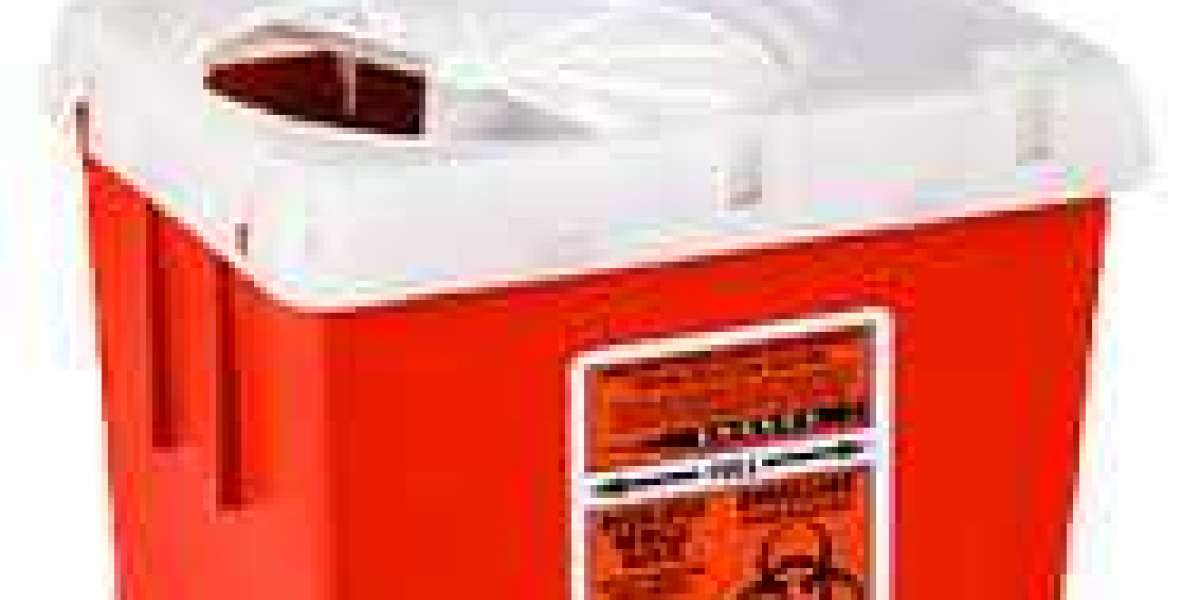Healthcare settings, from hospitals to clinics, play a pivotal role in safeguarding public health. Among the many responsibilities in healthcare, proper needle waste disposal stands out as a fundamental and critical task. This article delves into the significance of safe needle waste disposal in healthcare settings, highlighting the importance of protecting healthcare workers, patients, and the broader community.
Needle Waste: A Risk to Healthcare Workers
Needles, syringes, lancets, and other sharp medical instruments are essential tools in healthcare for various procedures, including vaccinations, blood draws, and administering medications. However, they also pose significant risks to healthcare workers, primarily in the form of needlestick injuries. These injuries, caused by accidental punctures or cuts from contaminated needles, can lead to the transmission of bloodborne pathogens such as HIV, hepatitis B, and hepatitis C.
The Consequences of Inadequate Needle Waste Disposal
Infection Transmission: Inadequate disposal of needles can result in healthcare workers inadvertently coming into contact with contaminated sharp instruments, leading to life-altering infections.
Community Safety: Discarded needles inappropriately disposed of in the community pose dangers to the public, potentially leading to accidental needlestick injuries among non-healthcare individuals.
Environmental Impact: Needles and sharp waste that are not disposed of properly can contaminate the environment, impacting soil, water, and wildlife.
Key Aspects of Proper Needle Waste Disposal
Sharps Containers: Healthcare facilities must provide puncture-resistant sharps containers for immediate disposal of used needles and sharp instruments.
Secure Transportation: Needle waste containers should be transported securely to minimize the risk of leakage or spills during transit.
Regulatory Compliance: Adherence to local, state, and federal regulations governing needle waste disposal is non-negotiable. Healthcare facilities must remain compliant to ensure safety and prevent legal issues.
Education and Training: Healthcare staff should receive training in proper needle waste disposal procedures. This education ensures that all team members are aware of the risks and are capable of adhering to safe disposal practices.
Protecting Patients and the Community
Proper needle waste disposal is not only about protecting healthcare workers but also safeguarding patients and the community. Responsible disposal practices, which include secure collection, transportation, and disposal, contribute to overall public safety.
Patient Confidence: Patients expect and deserve safe healthcare environments. Proper needle waste disposal plays a role in maintaining patient confidence and trust.
Community Well-Being: By preventing needlestick injuries in the community and averting environmental contamination, responsible disposal promotes the well-being of the broader population.
Conclusion
The importance of proper needle waste disposal in healthcare settings cannot be overstated. It is a critical component of infection control, healthcare worker safety, and community well-being. By investing in safe disposal practices, adherence to regulations, and staff education, healthcare facilities can effectively mitigate risks and protect those under their care. The responsible management of needle waste is not just a healthcare responsibility; it is a moral and ethical imperative that ensures the well-being of all.



